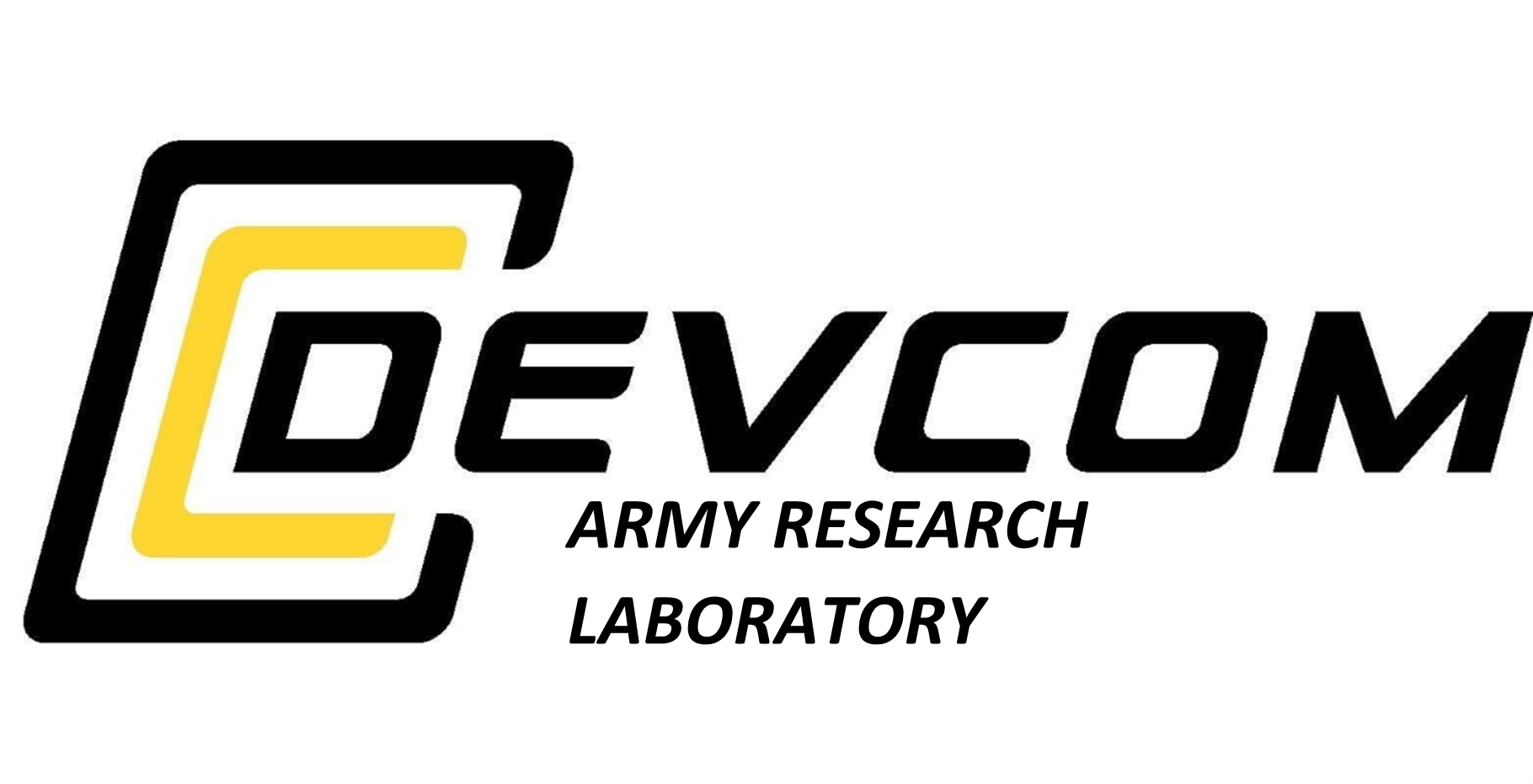

Welcome to the Human Interaction and RObotics [HIRO] Group!! Our work lies at the intersection of Artificial Intelligence, Robotics, and Human-AI Teaming with the goal of building robot systems that enable close, natural, and extended cooperation with humans.
Our work is ambitious, impactful, and often goes against the grain. We work on what’s hard, and we focus on important problems with potential for positive societal impact. We have built a large and diverse group that attracts top talent from leading institutions and consistently produces award-winning research. Many of our students have gone on to secure highly competitive fellowships and leadership roles in academia and industry.
Our group is within the Department of Computer Science in the College of Engineering and Applied Science at CU Boulder. If you want to learn more about our research and you would like involved with the lab, feel free to stop by during our weekly meetings!! For Spring 2026, we will be holding group meetings in ECES 116 on Wednesdays at 11.30 am (biweekly, starting on 1/7/2026).
The HIRO Group is funded by the following organizations:





Our research is both human-inspired and human-centered. We believe that to build truly capable and general-purpose robots, we must look at people not just as users, but as models of intelligence. Two pillars of human cognition guide our work: our ability to learn through embodied interaction with the physical world, and our capacity for social intelligence in complex, cooperative settings. These principles motivate the two core research threads in the lab: Embodied Intelligence and Sensorimotor Learning, and Social Intelligence and Algorithmic Human-Robot Interaction.
For more details on our research efforts, please visit our list of publications.
Our research is inspired by how humans build intelligence through physical interaction. We are guided by neuroscientific concepts like the peripersonal space and body schema representations, which evidence shows are central for humans to learn by experiencing the world through their bodies.
Despite incredible advancements in vision-language-action systems, robots today still lack the ability to truly generalize to complex environments. We believe that true generalization requires grounding in sensorimotor experience, where contact is treated not as failure but as a structured source of information, and where body morphology guides the selection of robust, adaptable strategies for interacting with the environment.
Point of Contact: Caleb Escobedo, Anuj Pasricha, Nataliya Nechyporenko, Gilberto Briscoe-Martinez, Joewie J. Koh, Yutong Zhang, Jay Vakil, Carson Kohlbrenner
Our research is grounded in the insight that human intelligence is deeply social. We build on evidence from cognitive science and human factors research showing how humans coordinate through shared task models, implicit signals, and subtle behavioral cues, enabling them to align strategies and adapt seamlessly to one another.
Among all aspects of intelligence, social intelligence remains the most elusive aspect of machine intelligence. While robots have made strides in perception and manipulation, they still struggle to collaborate effectively with humans in dynamic, mixed-initiative settings. We believe that effective collaboration requires reasoning over shared abstractions, embedding human expectations into robot behavior, and generating predictable, legible interaction dynamics.
Point of Contact: Clare Lohrmann, Yi-Shiuan Tung, Ava Abderezaei, Srikrishna Bangalore Raghu, Chi-Hui Lin, Naren Sigvanadasan